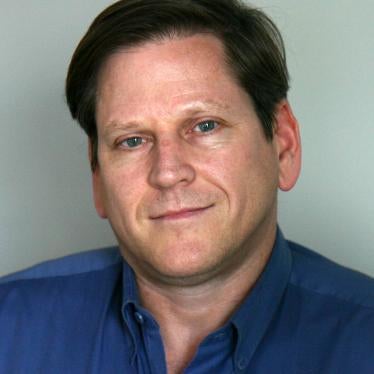After more than 50 years of military-backed government, the people of Myanmar said this past Sunday they have had enough.
Voters provided what appears to be a landslide victory to long-time opposition leader Aung San Suu Kyi and her National League for Democracy (NLD) party.
While returns will likely trickle in for another several days, the NLD is on track to win as many as two-thirds of the seats in the upper and lower houses of parliament.
But those asking when the inauguration day will be for "Amay Suu" (Mother Suu) are jumping the gun.
This election victory is best seen as the start of a negotiation process between people power and the entrenched, constitutionally guaranteed power of the Tatmadaw, Myanmar's much-feared army.
When drafting the 2008 Constitution, the army did their math, setting out that 25% of parliamentary seats must be appointed by the military, and then requiring that any constitutional amendment have 75% support.
And then they added other constitutional assurances, including creating a coup mechanism in waiting that empowers the military-dominated National Defense and Security Council to seize power if it unilaterally declares a "state of emergency."
The constitution also requires that only serving military officers can lead the three most powerful ministries -- Defense, Home Affairs, and Border Affairs -- and prevents legislative scrutiny of the military's budget.
The military also added constitutional article 59(f), a special provision obviously crafted with Suu Kyi in mind. That article prohibits from the presidency any person whose children are citizens of another country -- both of Suu Kyi's adult sons have British citizenship.
Suu Kyi has stated that she will be in charge anyway -- "above the president" as she put it in a pre-election press conference -- but that is contrary to yet another constitutional article and sure to face opposition from the army and the military-aligned former ruling party, the Union and Solidarity Development Party.
So once again, the NLD and the Burmese people are stuck in a box of the military's design that negates both human rights and respect for democratic principles. The way forward is to chip away at the laws and institutions that entrench military rule and have protected the generals from accountability for decades.
For too long, Burmese officials have had a full tool kit of laws to justify political repression and criminalize basic freedoms to express views, hold peaceful protests, and establish organizations.
With its parliamentary majority, the NLD can start by revoking or reforming dozens of rights-abusing laws and provisions of the criminal code to bring them into compliance with international human rights standards.
This won't do away with the military's constitutional straightjacket, but it will free the Burmese people to assert more basic rights over time, burnish the NLD's reform credentials, and ensure the people's support for the long struggle ahead against entrenched military power.








